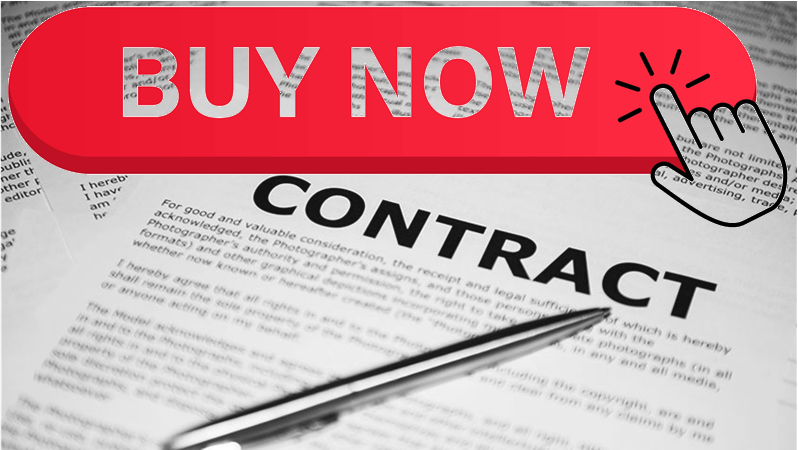Introduction
Those involved in a legal dispute, often turn to family and friends for support. This can include asking others for their opinion, discussing the legal advice they obtained and the process of the case or sharing documents. All of which can place legal privilege in jeopardy and could derail the legal process of your matter!
Our top tips to safeguard privilege
- When meeting with your lawyer, only allow those to attend who are absolutely necessary, from a legal perspective, to be present.
- If you really need a support person or you will be sharing your legal advice with another person– speak to your lawyer first, as you should only be discussing it with someone who has a common interest.
- The safest course of action is to refrain from talking about the case with others. It should be a ‘no go’ zone with everybody except your lawyer. This is especially so when legal proceedings have commenced.
- The preparation of, and use of, expert reports is a regular feature in many court cases. Though you may be tempted to assist your lawyer by obtaining reports from subject matter experts who can support your case, it is better to let your lawyer obtain any expert reports, as they will know what specialist information is required to best support the strategy for winning your case. Further, by having your lawyer obtain it, the report and any communications with the expert will remain privileged until the report is filed or served in the court case. This also helps you get the best advice if the report is not what you expected.
- If you organise an expert report, it is important that you make sure that the expert knows that the information is required to assist in obtaining legal advice or, potentially, for legal future legal proceedings. You should advise your expert to keep the information confidential and to only share it with you. Any documents or materials should be marked ‘Privileged and Confidential’.
- If one of your advisors, such as a real estate agent or accountant, has useful information for your lawyer, your lawyer will know what information is needed. So, the best course of action is for your lawyer to talk to your accountant or other advisors to the extent their input is needed for the case and/or to get them to put together documents for the lawyer’s use or for use in your court case. This not only helps maintain privilege, but also means you are getting the information needed and in a form that is useful for your lawyers to advise you or prepare your claim or defence.
- If your organisation publishes an annual report or other publicly available documents, take care that privileged information is not included in these documents, after litigation has commenced. It is especially important to take care in describing any court proceedings and whether mention should be included at all.
- If you receive a subpoena and privileged documents that might be subject to a claim of privilege fall within its scope and are thus required to be produced, urgently seek legal advice and make sure the potentially privileged documents are kept separate from other documents. Place these documents in an envelope marked “Confidential”. At this time, you should lodge an objection to production of these documents during the pre-trial period or at the court hearing. This must bedone before the date for production.
Some final tips
- Use a private email address when liaising with your lawyer
- Don’t leave documents sitting around
- Never say “but my lawyer said….” Or “my legal advice is”
- Take calls from your lawyer in a private space.
What should I do if privilege is compromised?
If you suspect inadvertent disclosure – take steps quickly and immediately to remedy the mistake and keep the material confidential to the extent that you can.
Where the disclosure is limited and for a specific purpose like getting information from your advisor for the lawyer, make sure:
- the person you are communicating with knows to keep any discussion or documents confidential;
- the person you share it with has in place procedures to keep the information confidential so privilege won’t be waived;
- ensure that you are only sharing information for a specific purpose and that purpose is made clear to the recipient; AND
- emphasise that in sharing that you are not waiving privilege in the document or advice generally.
How Sharrock Pitman Legal can assist
In Australia, legal professional privilege is fundamental to the process of justice and the integrity of legal proceedings.
If you are involved in legal proceedings either directly or as expert witness, and would like advice on your obligations, please do not hesitate to contact our Disputes & Litigation team on 1300 205 506 or email sp@sharrockpitman.com.au.
Additional Information
Previous articles in this series
The Importance of Being Earnest
When is legal professional privilege waived?
The information contained in this article is intended to be of a general nature only and should not be relied upon as legal advice. Any legal matters should be discussed specifically with one of our lawyers.
Liability limited by a scheme approved under Professional Standards Legislation.
Caroline Callegari is an Associate Principal and Accredited Specialist (Commercial Litigation). Caroline leads our Disputes & Litigation team and has an advisory and advocacy practice in the following areas: Commercial Litigation, corporate and personal disputes, debt recovery and, insolvency and bankruptcy matters. Caroline can be contacted on (03) 8561 3324 or by emailing caroline@sharrockpitman.com.au.



.jpg)



